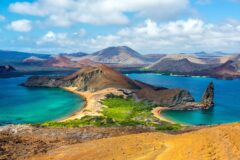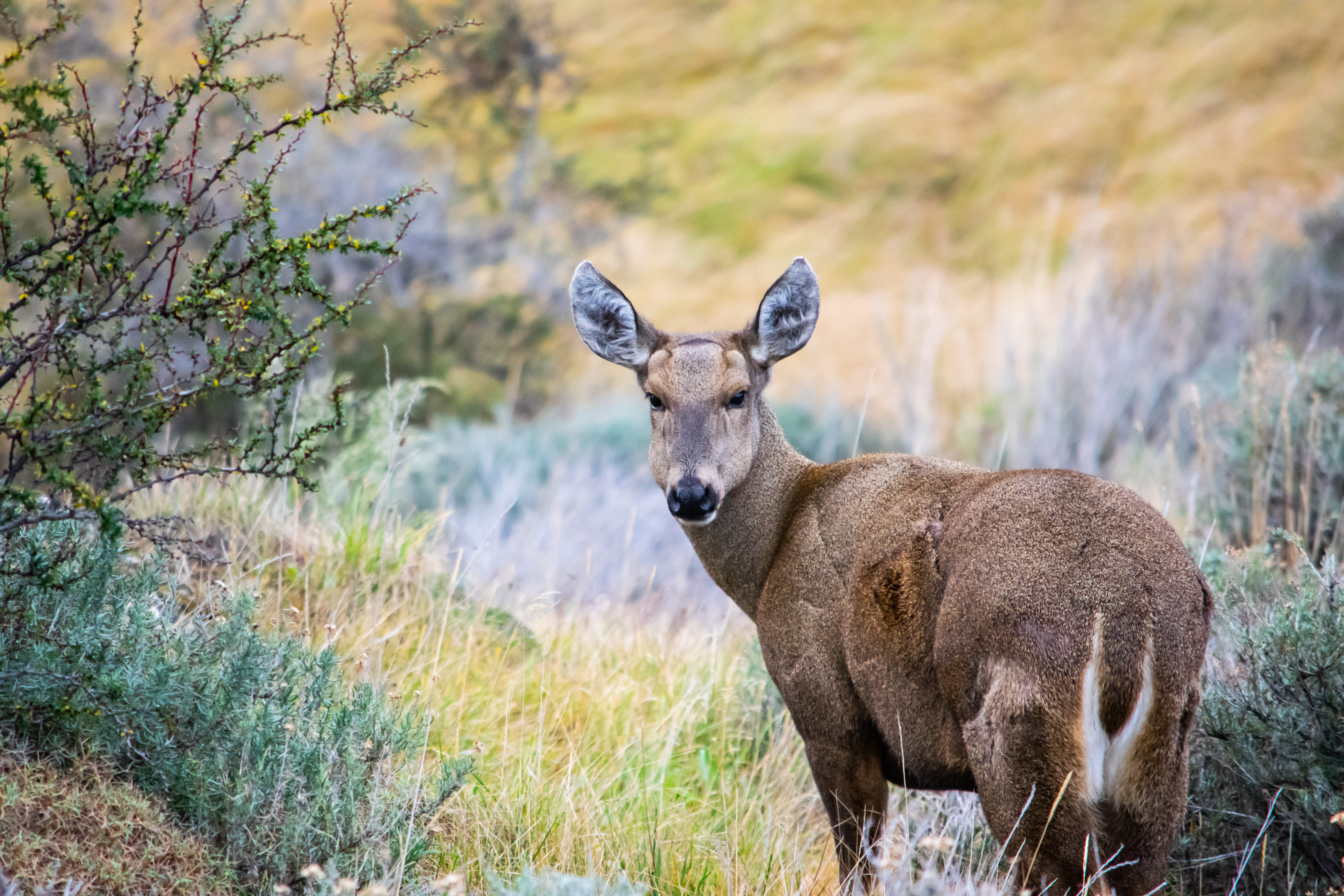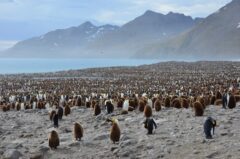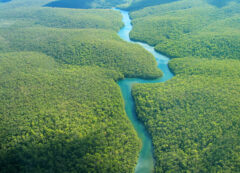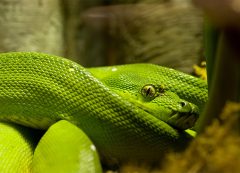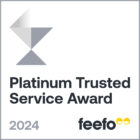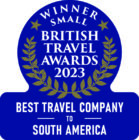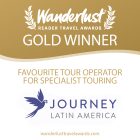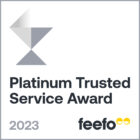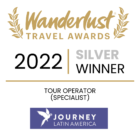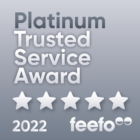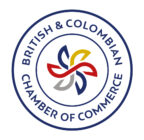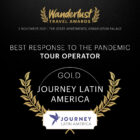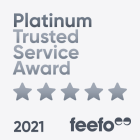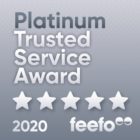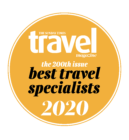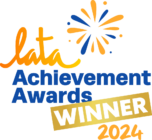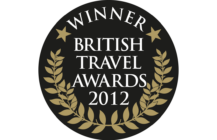
Journey Latin America is proud to support non-profit foundation Rewilding Chile. Ben Westwood talks to Executive Director Carolina Morgado about protecting Patagonia through creating and expanding national parks, nurturing threatened species and supporting a conservation culture.
What does Rewilding Chile do?
Rewilding Chile is a non-profit foundation, carrying on the legacy of Tompkins Conservation, which was set up in the early 1990s by Douglas and Kristine Tompkins. We work on big scale conservation by creating new national parks as well as improving and expanding existing parks. Inspired partly by the national park system in the USA, we work to strengthen populations of flora and fauna, partnering with communities to deliver environmental education in the hope that more local people fall in love with nature and take better care of it.
When was Rewilding Chile founded?
Rewilding Chile was founded in 2021 after Doug Tompkins died. We chose to name it Rewilding Chile to be part of the global rewilding alliance. Since then, we have carried forward our conservation work with Kristine Tompkins (pictured below) continuing to lead fundraising efforts.
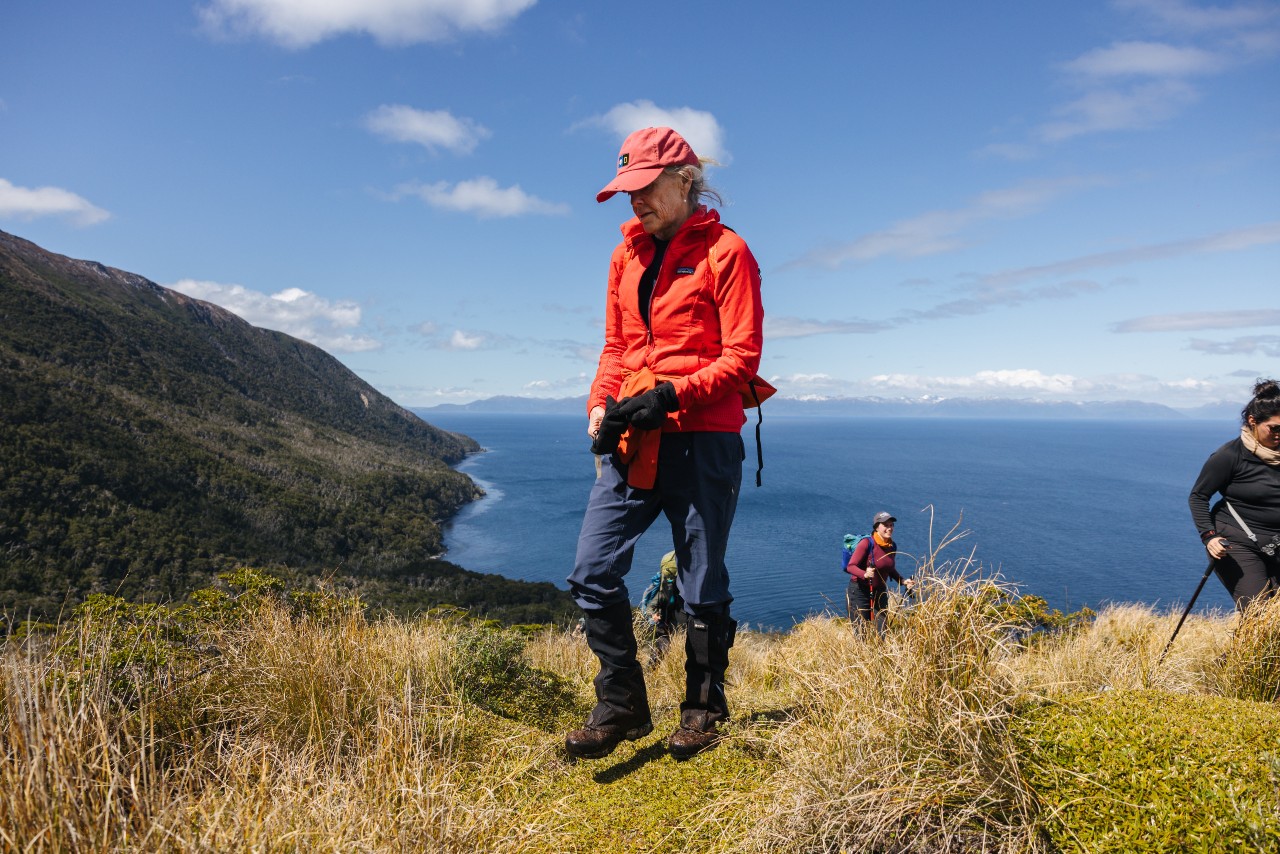
Why is Chilean Patagonia so special?
In Patagonia, the landscape is so dramatic with mountains dropping straight into the ocean, and there are few roads so it's relatively under-populated and remote. With volcanoes, lakes, fjords and archipelagos, there is amazing beauty here through 2,800km, and it's fantastic terrain for trekking, rafting and climbing. While 21% of Chile’s land mass is protected, over 91% of Patagonia is protected in national parks, so it’s a wonderful, unspoilt region and we're proud of what we've achieved in safeguarding so much of the landscape. Some 30% of Patagonia national parks are peatlands, vital for storing carbon and making a big contribution to the fight against climate change.
What are Rewilding Chile’s biggest achievements?
We have succeeded in establishing ourselves as the legacy organisation of Tompkins Conservation. As Rewilding Chile, we’ve engaged with the current government to create Cape Froward National Park, the eighth national park in total we've helped to form, and we continue to buy land to incorporate into existing national parks. The Route of Parks of Patagonia connects some 17 national parks, protecting nearly 12 million hectares of wilderness.
We work to protect some 12 species of wildlife, including pumas, condors, Darwin’s rheas and huemuls. A key achievement has been to set up a Huemul National Corridor. There are only 1,500 of these endangered Andean deer left in Chile and Argentina. We’ve boosted the population of huemul in Cerro Castillo National Park and we are currently building a Huemul Rescue Centre, the first of its kind in this area.
What are Rewilding Chile’s key projects THIS YEAR?
We are proud of the opening later this year of the newest national park, Cape Froward, protecting 163,000 hectares of a southern peninsula near Punta Arenas. This sub-Antarctic biodiversity hotspot is home to endangered species such as huemul deer and ruddy-headed goose, as well as diverse marine life including Magellanic penguins, dolphins and humpback whales.
Our work to protect huemul deer is ongoing. Disease from livestock is the biggest threat and we are working with the National Park Service to create vaccines, as well as buying properties in the corridor to reduce contact with livestock. Many deer are also killed by traffic or dogs. We have live cameras monitoring to send out alerts if dogs enter the national park, while traffic control is a longer-term goal with education, signage and social media campaigns. We are also working on creating fauna crossings.
How does Rewilding Chile help tackle climate change?
Big-scale conservation is a national and international solution for regulating the climate. The Route of Parks is one of the largest carbon sinks in South America, storing almost three times more carbon per hectare than the Amazon rainforest.
How does Rewilding Chile benefit local communities in Patagonia?
Protecting the land helps to conserve clean water, air and earth adjacent to communities, bringing benefits to local people. Before we created these national parks, people didn’t visit these areas, but now in towns like Chaitén, people can’t imagine not having the national park, because visitors stay and explore protected regions.
This economic boost also gives young people reasons to stay in their communities, rather than migrating to cities. People become actively involved in the destiny of the parks and proud of their region. Tourism is central to our strategy because it makes people see the value in conservation. Cape Froward will be the first national park near Punta Arenas and will help boost the local tourism economy, especially for day visits. The new national park will also help preserve some of the ancient indigenous Kawesqar heritage by protecting ancestral sites.
What are the biggest challenges FOR Rewilding Chile?
Becoming fully independent has been a challenge but we have met it. Measuring the impact of everything we do is the biggest challenge because our partners all want measuring to show what we have achieved and can achieve in the future. Most of all, it's challenging to see the harm done to the natural world by industries such as mining and fishing, which occur due to a lack of protection. We are part of a global movement to counteract the extinction crisis and combat climate change. Only 21% of Chile’s land is protected so we want to increase that. We also want to expand marine conservation, which can be much harder to regulate.
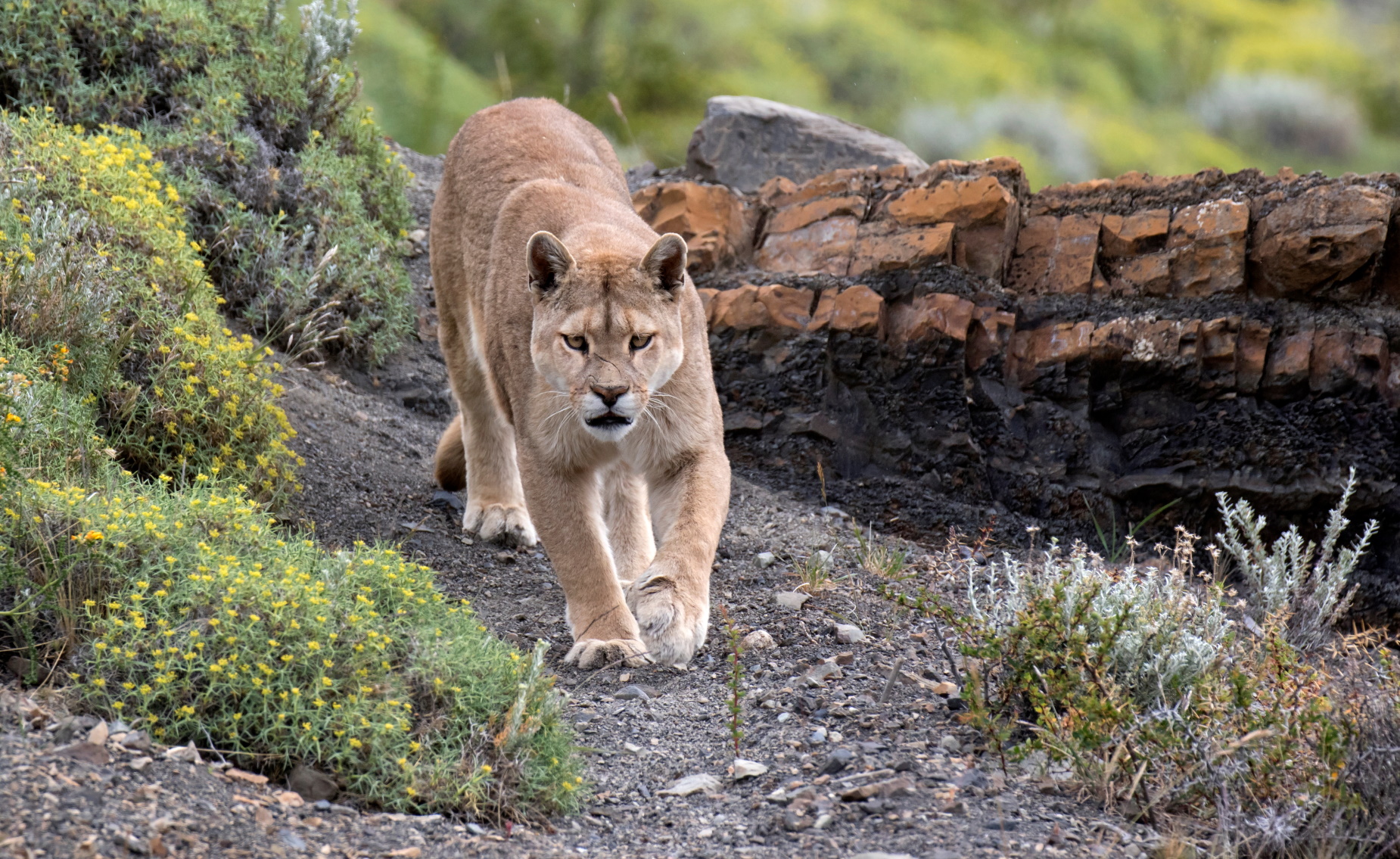
ANY tips for travellers visiting Patagonia?
Don’t rush or try to see it all – distances are so vast that it’s better to explore specific areas. With patience, you can see amazing wildlife such as pumas roaming stunning landscapes and Andean condors soaring overhead. Remember to pack layers because you might experience four seasons in one day in Patagonia!
What are your hopes for the future?
We hope that the next generation will continue our work because conservation never stops. We need to continue to rewild forever so our children will have a better life, enjoying the wonders of the natural world.
- Journey Latin America donated more than $45,000 in 2024 to Rewilding Chile. Our 2024 donations contributed directly to costs of the Huemul conservation program in Patagonia National Park, including full-time dedication of a huemul expert, part-time field support, materials and supplies including camera traps and binoculars for tracking and monitoring the huemul population.
- Browse Journey Latin America’s wide range of Patagonia Holidays – from group itineraries to self-drives, active treks and luxury holidays.
- Find out more about how Journey Latin America supports Rewilding Chile and biodiversity.
Tailor-made holidays
Flexible, custom-made holidays to Latin America created to match your exact requirements: our tailor-made itineraries are as unique as the clients for whom they are designed.
Design my tripPapagaio
Your edit for Latin American inspiration
Our exciting range of articles on Latin America explore everything from iconic destinations and lesser-known cultural gems to delicious traditional recipes. You’ll also find exclusive travel tips, first-hand client reviews and the chance to get your personal questions answered by our travel experts.
View Extraordinary Inspiration